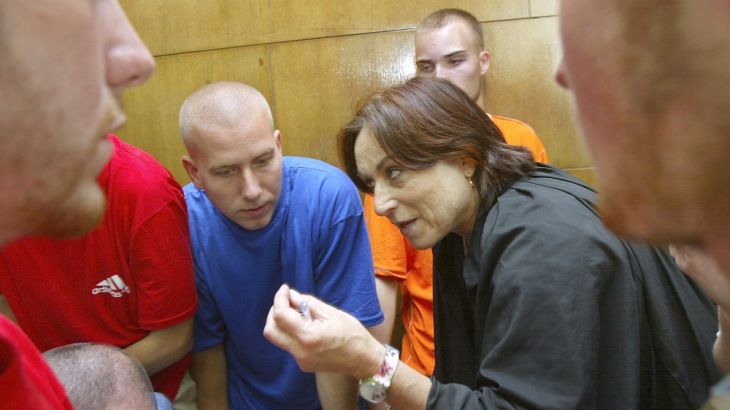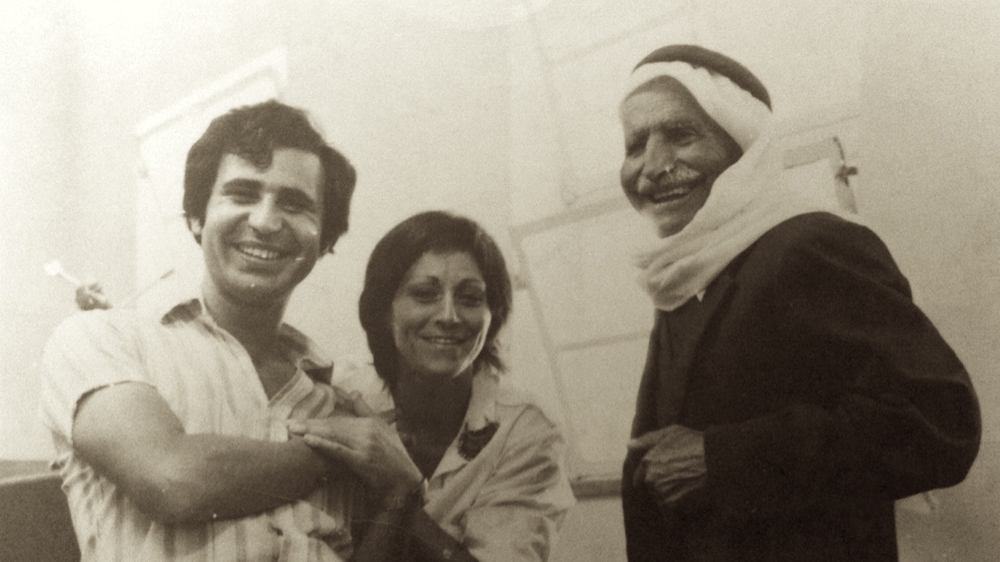
Israeli lawyer: Palestinians ‘have the right to fight’
Lea Tsemel discusses the deportation and detention of Palestinians, torture, and discriminatory laws in Israel.
The Israeli parliament has passed a new law legalising the force-feeding of prisoners on hunger strikes.
For Palestinians in Israeli jails, hunger strikes are a strong mode of protesting detention and occupation.
Keep reading
list of 4 itemsMasked Tunisian police arrest prominent lawyer for media comments
Gaza’s mass graves: Is the truth being uncovered?
Tunisia: The migration trap
The United Nations, the Palestinian Prisoners Commission and the Israeli Medical Association have all condemned the new law. The country’s medical association are urging doctors to not partake in force-feeding, saying it is effectively torture and violates medical ethics.
The majority of the Israeli Jews are right wing, they are blind and deaf to their own future, to their possibility to live here. They are misled by fear and false promises.... There is a series of laws that are unbearable for me. Laws that discriminate between Jews and Arabs in this country.
But Israel has said that Palestinian hunger strikes could lead to deaths and set off protests across the occupied West Bank and East Jerusalem.
It is a move that highlights the treatment of Palestinian prisoners and how those defending them face difficult odds.
In her view, as Israel continues to occupy Palestinian land, any reaction – violent or otherwise – is a direct result of the occupation.
“I believe that people who are under occupation have the right to fight it,” she says.
Born in Haifa in 1945 to pro-Zionist parents, Tsemel worked as a volunteer for the Israeli army during the 1967 war. It was an experience that she says drove her into political activism and a career in law.
Tsemel’s legal career has been marked, in her own words, by “major failures,” but also important successes.
Her defense of Palestinians remains deeply controversial in Israel and she has even received death threats.
As she talks to Al Jazeera, Lea Tsemel says she is determined that nothing will prevent her from fighting for the rights of Palestinians.
 |
| Lea Tsemel is photographed with a young lawyer and the father of a Palestinian prisoner in a military court in Hebron, in the occupied West Bank in 1973 [Courtesy Lea Tsemel] |